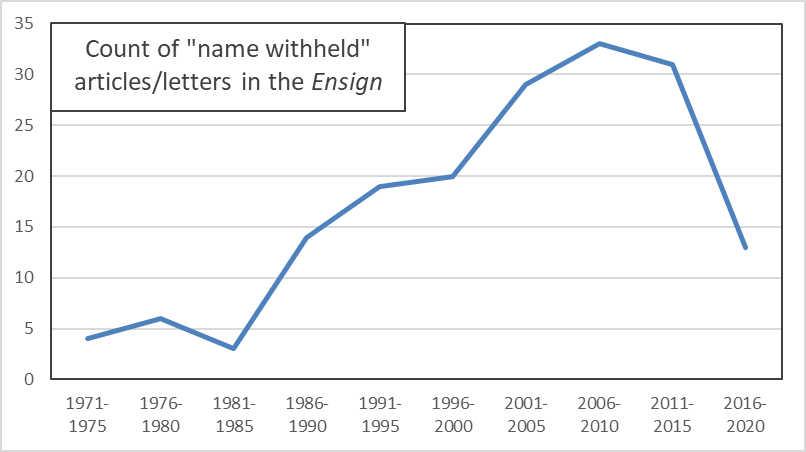What makes a particular action a sin? A simple definition might be that it violates one of the two great commandments to love God and love our neighbor. Violations of the first great commandment are harder to see (if my heart is full of hatred for God, how could you tell?), but violations of the second are typically easier. If I do something to harm another person, it’s interpersonal. It’s out there in the world.
Of course this doesn’t capture everything that gets labeled a sin. Why is it a sin for me to drink coffee? I’m not harming someone else. You might say that this must mean that it’s harming my relationship with God because he said not to. This interpretation makes the first great commandment a catchall for any sin where there isn’t harm to another person. They’re wrong because God said so, not because they actually cause harm (making them kind of like the legal idea of malum prohibitum, where an act is wrong because it’s prohibited, not because it’s immoral). Or you could also argue that things like drinking coffee are wrong because they’re doing harm to me, and the second great commandment says I need to love myself too. But I think this boils down to the same line of reasoning. We would call an action self-harming if it’s labeled a sin and it doesn’t clearly harm another person. The old euphemism of calling masturbation “self-abuse” used in some Church talks and publications springs to mind as an example.
In any case, in this post, I’m mostly just thinking about sins that violate the second great commandment, where one person causes harm to another. Our discussion of these sins in the Church typically focuses on the person committing the sin rather than the person harmed by it. I think it makes sense, because harming another person is an action that we can choose to do or not, so we’re at fault if we do it, while being the victim of someone else’s actions isn’t blameworthy. (Of course in some Church rhetoric, the question of who gets harmed gets turned backward, like for example in discussions of rhetoric, where male viewers feel like female clothing choosers are attacking them, rather than the way Jesus had it, where the blame falls on lustful viewers.)
But here’s the question: what if there are sins that have victim without any corresponding person doing the harming? For example, what if someone with diabetes dies because they can no longer afford insulin after the companies that produce it have suddenly and dramatically increased the price? There’s clear harm. But who’s to blame? A company’s salesperson who communicated the new price to the person? A company’s executives? Its shareholders? The head of the government agency that regulates drugs? Middle managers in the agency? The politician who appointed the head of the agency? The voters who elected the politician?

Or consider a less dramatic example. What if your ISP bill gets messed up and you’re double charged? What if you have to chat with an infuriating chatbot for 30 minutes before it agrees to pass you along to a human, and then you’re passed around a labyrinthine organization of call centers before you can get to someone who can fix it? It’s far less dramatic harm, but it’s still harm. Who sinned, that your interaction with the ISP is so painful, the front-line workers or the executives or the shareholders or the regulators or the voters?
